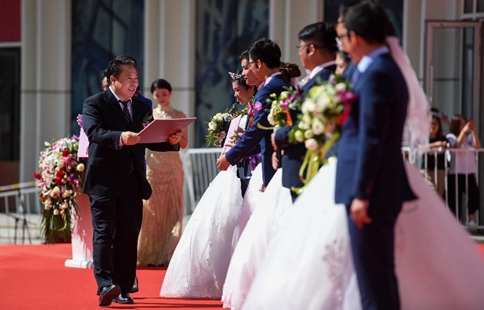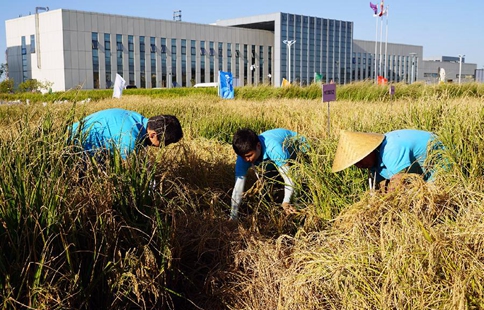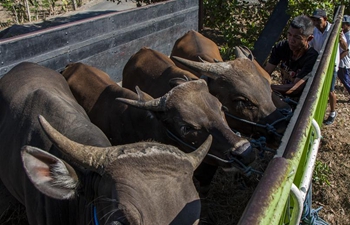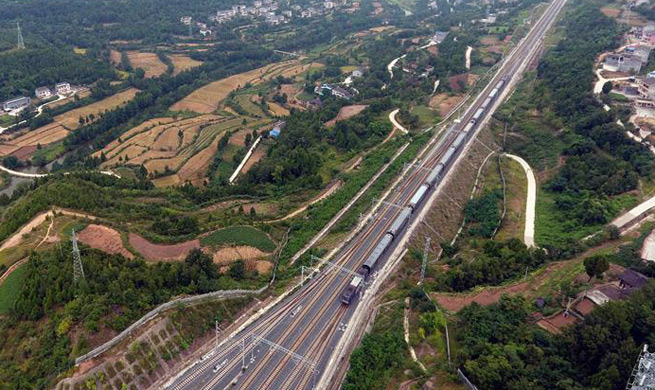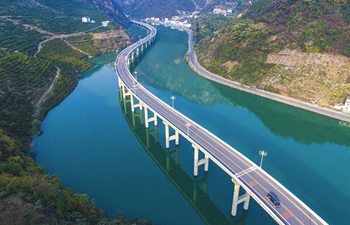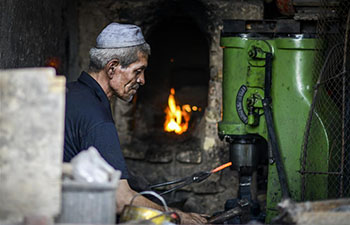MANILA, Sept. 29 (Xinhua) -- Approximately 2.36 million households in the Philippines are still without electricity as of July 2016, a new study said on Friday.
The study, titled "Accelerating the Deployment of Renewable Energy Mini-Grids for Off-Grid Electrification - A Study on the Philippines," says "the level of household electrification in the country stood at 89.6 percent, leaving 2.36 million households without electricity and many other areas with a limited service of only four to six hours per day."
The Philippine government has set a target of 90 percent household electrification by the end of the 2017.
As of 2014, the study says three regions, including the National Capital Region, had achieved more than 90 percent electrification.
For some areas, especially those in the southern Philippine island on Mindanao, the study says energy access is still significantly below the national average.
Philippine Energy Secretary Alfonso Cusi said the study, conducted by the International Renewable Energy Arena (IRENA), "has provided useful insights and analysis to help overcome the barriers that the Philippines faces in scaling up decentralized power systems, particularly through mini-grids powered in full or in part by the renewable energy sources."
However, he said electrification of households, particularly in the rural areas, remains a big challenge for the government. "Thus, we have to take advantage of this study to bridge the residual gaps in our electrification efforts," he said.
The study explores the issues and barriers to the implementation of mini-grids.
In a country of more than 7,600 islands, Cusi said the provision of adequate, reliable, clean and modern energy has long been a challenge particularly in remote and isolated areas.
"With the dramatic declines in costs," Cusi said "renewable energy technologies have become a feasible and cost-effective option, not to meet the basic need for electricity, but more profoundly, as a sustainable solution to support productive uses through mini-grid systems.
Over the past decades, Cusi said the Philippines has made "remarkable progress in utilizing renewable energy sources and has developed wealth of knowledge on geothermal, hydropower, biomass, solar and photovoltaic and wind power applications in a range of conditions."
IRENA is an intergovernmental organization that supports countries in their transition to a sustainable energy future, and serves as the principal platform for intentional cooperation and a repository of policy, technology, resource and financial knowledge on renewable energy.




